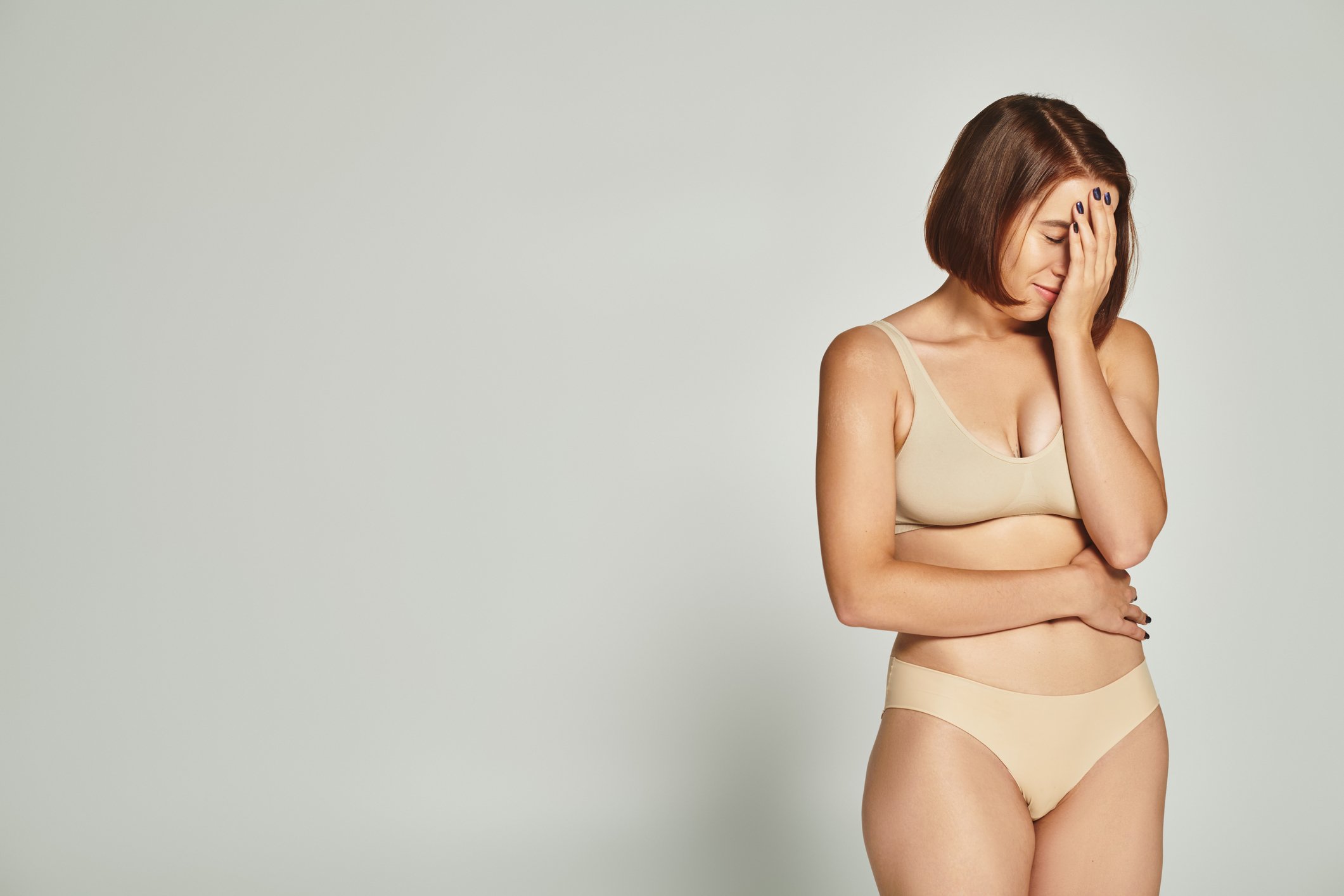Body Shaming: What It Is and Why It Needs to Stop
Introduction: Why Are We Judging Bodies?
Have you ever felt uncomfortable about how you look because of something someone said — or a photo you saw online? You're not alone. In today’s world, it can feel like everyone has an opinion about bodies — what’s “too skinny,” what’s “too big,” what’s “perfect.” Spoiler alert: there’s no such thing as a perfect body.
That’s where body shaming comes in. It’s cruel, damaging, and unfortunately far too common — especially for teens growing up online. In this article, we’ll break down what body shaming is, why it happens, how it hurts, and how we can all take steps to end the shame and embrace real, healthy confidence.
What Is Body Shaming?
Body shaming means criticising, mocking, or making someone feel bad about their physical appearance. It can be about weight, skin, height, body hair, acne, scars — literally anything.
It can happen:
In person (comments from family, friends, classmates)
Online (TikTok, Instagram, comment sections)
In the media (ads, TV, celebrity gossip)
Even in our own heads (comparing ourselves to others)
Examples include:
“You’d be pretty if you lost weight.”
“Why are you so bony?”
“You should cover that up.”
Memes mocking body types or facial features.
Sometimes, people don’t even realise they’re body shaming — but the damage is real.
Why Does It Happen?
There’s no single reason, but here are some big ones:
1. Toxic Beauty Standards
We’re constantly shown unrealistic body ideals through filters, editing, and celebrity culture. It tricks people into thinking there’s one “right” way to look.
2. Insecurity
Sometimes, people body shame others because they’re insecure about themselves. Hurting others becomes a twisted way to feel better.
3. Media & Social Media
Scrolling through endless highlight reels can make you forget that real people have stretch marks, acne, scars, and curves.
4. Lack of Education
Not everyone understands how damaging their words can be. Many still believe it's okay to comment on someone’s body — it’s not.
“Body shame is learned. No child is born disliking their body. If we can teach shame, we can also teach compassion, acceptance, and respect — starting with ourselves.”
How Body Shaming Affects People
Body shaming doesn’t just hurt feelings — it hurts lives.
Mental Health Effects:
Anxiety and depression
Low self-esteem
Body dysmorphia (obsession over flaws)
Disordered eating (e.g. skipping meals, binge eating)
Social Effects:
Avoiding social events, swimming, sports
Isolation or bullying at school
Fear of being judged constantly
Physical Effects:
Crash dieting, over-exercising
Fatigue and poor health from unsafe habits
Why It Needs to Stop — Now
Because everyone deserves to feel safe in their own skin. Body shaming teaches us that our value is based on looks, when in reality our worth comes from who we are — not how we appear.
Stopping body shaming is more than being "nice" — it’s about:
Creating safer spaces at school, online, and at home.
Saving lives. Teens affected by body shaming are more at risk for self-harm and depression.
Challenging the system. The beauty industry profits from your insecurity. Let’s not let them win.
What You Can Do About It
1. Check Yourself
Have you ever judged someone for how they look? We all make mistakes. Learn, apologize, and do better.
2. Shut It Down
If someone body shames a friend (or stranger), speak up. Say, “That’s not cool” or “We don’t talk about bodies like that.”
3. Lift People Up
Compliment people on things other than appearance — their kindness, creativity, humor.
4. Be Kind to Yourself
Don’t follow people who make you feel less-than. Curate your social media to show real, unfiltered humans.
5. Learn and Share
The more we understand how body shaming works, the better we can fight it. Talk about it with friends. Share positive content.
Final Thought
Here’s the truth: your body is not up for public opinion. Whether you're tall, short, slim, curvy, have acne, scars, or anything in between — you are real and you are enough.
Body shaming has no place in our world, and you can be part of the generation that stops it. Because everyone deserves to feel confident, safe, and proud in their skin — including you.
FAQ’s
-
Calling someone too fat or too skinny, making fun of their acne, commenting on their stretch marks or body hair — anything that criticizes appearance in a negative way.
-
Yes. Body shaming is a form of verbal and emotional bullying, and it can cause long-term psychological harm.
-
Talk to someone you trust, remind yourself that the shame belongs to the person doing the shaming, not you, and seek support (friends, a counselor, online communities).
-
Social media gives people anonymity, easy access, and unrealistic standards through filters and edits, which can lead to toxic comparisons and comments.
-
Start by being mindful of your words, speak out when you see it happening, and promote body diversity and acceptance both online and offline.




